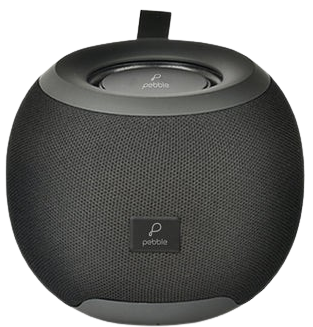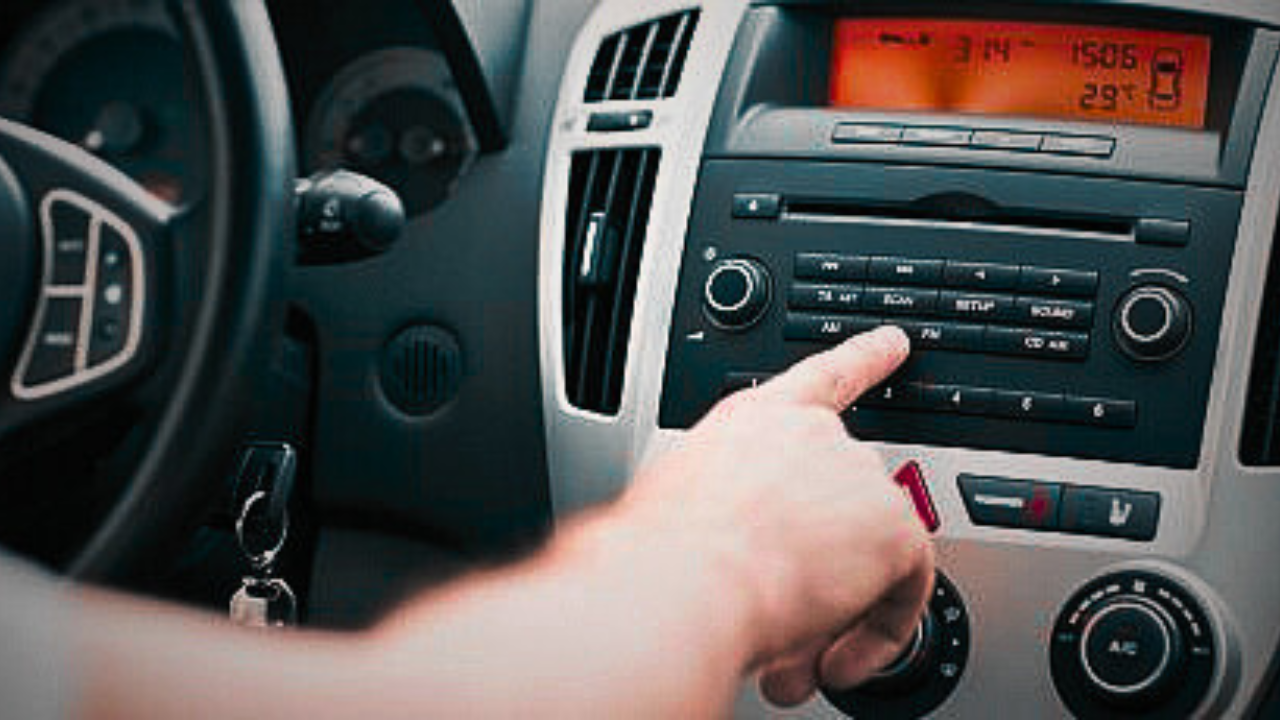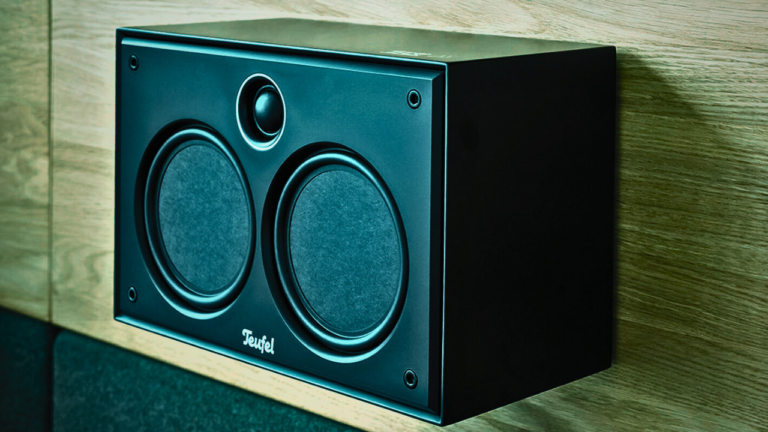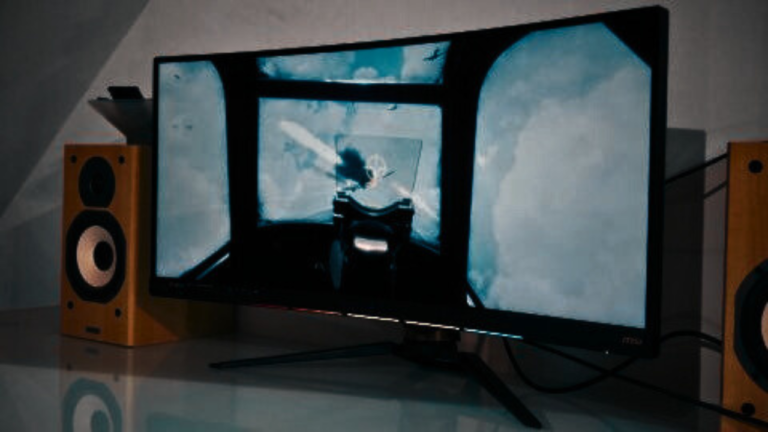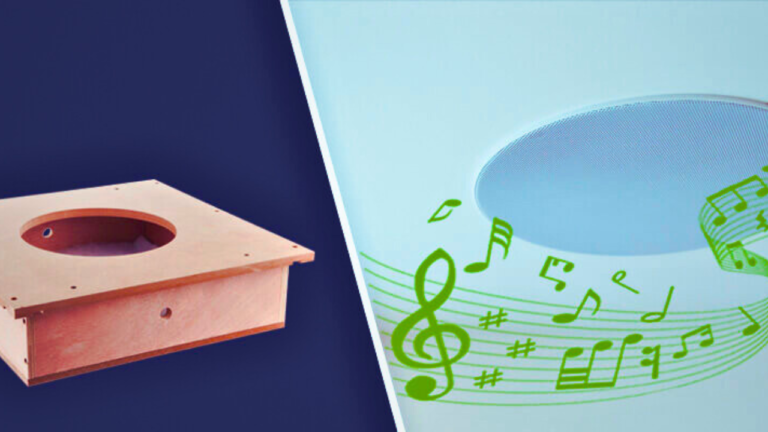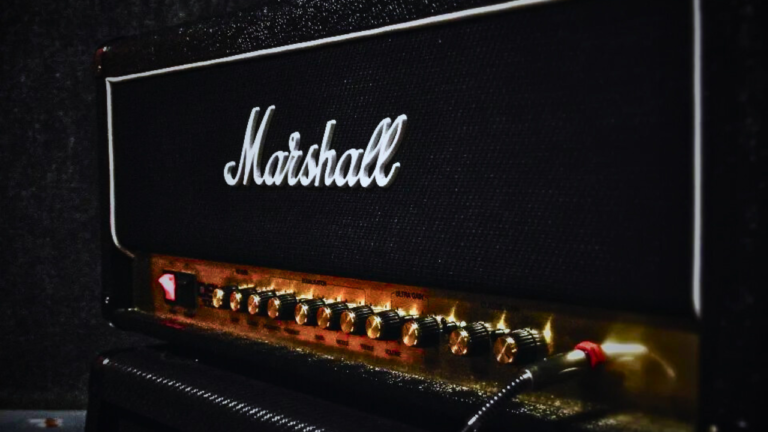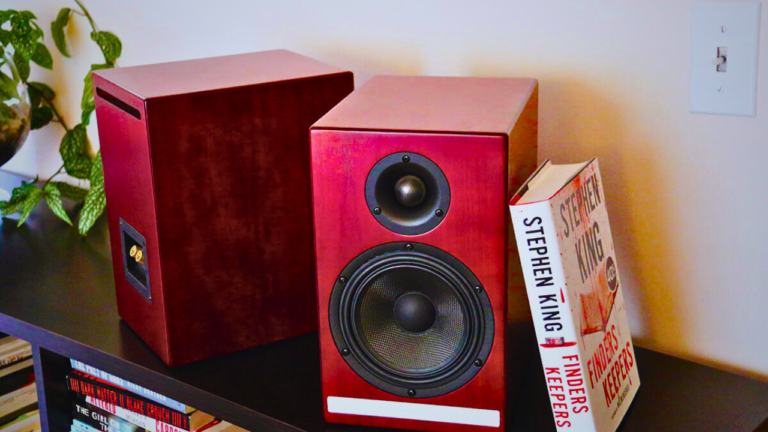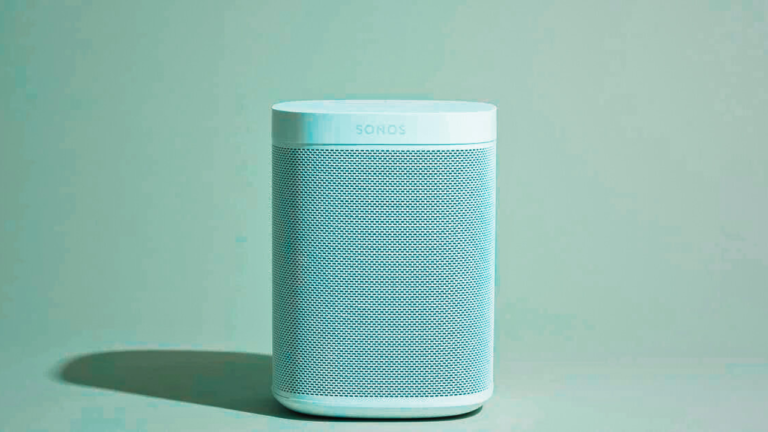Why Did My Car Speakers Suddenly Stop Working?
Are you frequently puzzled by the annoying issue of your speakers cutting out at high volumes? You crank up the volume to feel the music pulsing through you, only to have those beautiful tunes abruptly vanish. A perplexing, disheartening experience, especially if you’re a music enthusiast. But don’t worry; we’re here to help you understand the ‘whys’ and ‘hows’ of this conundrum.
“Turning up the volume only to lose the sound is like climbing a mountain to find there’s no view. It’s frustrating, yes, but with a bit of knowledge, you can fix the situation.”
Outline of the article:
- Overview of the Problem.
- Factors Contributing to the Issue.
- Technical Details: The Impact on Speakers.
- How to Fix the Issue and Prevention Strategies.
By the end of this piece, you’ll have a solid grasp of why your speakers may be cutting out at high volumes and, most importantly, tangible ways to prevent this from happening in the future. Let’s delve deeper into the mystery of the vanishing sound.
Read also: How To Tune 4 Channel Amp For Door Speakers?
What are the common causes of speakers cutting out at high volume?
Experiencing your speakers cutting out at high volume can be really frustrating, especially if you’re in the middle of a killer track or a thrilling movie. You might be wondering, Why does this happen so frequently? Let’s shed some light on the common causes.
- Overpowering: Your speakers might flicker or temporarily cut out at high volumes if they are receiving more power than they can handle. The audio output device, like the amplifier or receiver, might be sending more wattage than the speaker’s capacity, causing them to ‘clip’ or shut off momentarily to protect internal components.
- Distorted signals: Another reason could be that your amplifier is distorting the signal it sends to your speakers. This causes the speakers to produce sound that is ‘clipping’, distorted, or abruptly cut off. Distorted signals often occur when an amplifier is turned up too high or is struggling to provide enough power.
- Wiring issues: It’s also possible that there are loose or disconnected wires in your speaker setup. The discontinuity in the electric circuit can cause intermittent sound output, which is noticeable, especially at high volumes.
- Defective components: Lastly, some parts of a speaker, like the tweeters or woofers, might be defective or damaged. These parts tend to fail at high volumes, causing the speaker to cut out sound production.
In essence, the cut-out problem is most commonly a result of overpowering, distorted signals, wiring problems, or defective components within the speaker itself. But don’t worry; identifying the root cause can help in resolving the problem, making your speakers work perfectly fine even at high volumes.
How does speaker impedance affect performance at high volumes?
Imagine speaker impedance as a type of resistance in an electrical circuit that opposes the flow of audio signals. Impedance limits the amount of power reaching your speakers, which can be detrimental when you’re trying to crank up the volume.
Impedance, acclaimed to be the speaker’s resistance to electrical current, is measured in ohms. It impacts the overall performance of your speakers, particularly at higher volumes, because it determines the load the amplifier needs to drive.
Here’s how it works. When you turn the volume up, your speakers draw more current from the amplifier. If the impedance of your speakers is too high, they might not get enough power delivered to operate correctly. This can result in distortion, or, in severe cases, your speakers can completely cut out.
- Low Impedance: Speakers with a low impedance (less than 6 ohms) tend to draw more power from the amplifier. This can lead to superior volume levels and potentially better sound quality, but it can also put more strain on your amplifier and potentially cause it to overheat or shut down.
- High Impedance: On the flip side, speakers with a high impedance (higher than 8 ohms) will draw less power from the amplifier, which can prevent it from overheating but may not achieve the high volume levels you desire. High-impedance speakers can sometimes cut out at high volumes if the amplifier can’t provide enough power to drive them.
Therefore, a balance in speaker impedance is vital. Most home audio systems use speakers with an impedance of 6 to 8 ohms for this reason, striking a balance between sufficient volume and the protection of the amplifier.
Note: If you’re experiencing problems with your speakers cutting out at high volume, it’s worth checking the impedance. If it’s incompatible with your amplifier, you might need to switch to different speakers or a different amplifier that can better handle the load.
Are there any specific speaker models known for cutting out at high volume?

Indeed, there are a few speaker models that have garnered attention due to issues with cutting out at high volume. It’s important to note that reporting these models is not an attempt to criticise the manufacturers. Instead, it’s to provide you with a factual reference that might aid in your speaker choice or help you recognise if your existing speakers are among those frequently encountering such problems.
As always, remember that the sound experience can significantly depend on numerous factors, including the amplifier used, speaker placement, room acoustics, and, most importantly, individual hearing preferences.
Bose Sound Link Mini II: This compact speaker has received various reports of cutting out at high volumes, especially when playing bass-heavy music. Despite its incredible portability and premium design, some users believe it struggles to handle loud volumes steadily.
Logitech Z623: Though an excellent choice for PC gamers, some users say this speaker system tends to distort or cut out when turned up for cinematic or heavy bass experiences.
JBL Flip 4: Though it earned praise for durability and sound quality, several users noted cutting out issues. This mainly occurs during wireless use at high volumes.
While these kinks can be frustrating, it’s important to balance between a speaker’s overall performance and its high-volume reliability. For instance, a slight reduction in volume might provide a perfect balance, liberating the speakers to perform optimally.
Also, keep in mind that these reported issues may not be the same for all units of a particular model. Some users of the same models might not experience any issues even at high volumes, pointedly illustrating how personal usage habits and environmental factors can impact speaker performance.
Key Points to Remember:
- Speaker performance can vary from unit to unit within the same model, and may not always correspond to others’ experiences.
- High-volume issues could be more prominent with bass-heavy tracks or genres.
- Reducing the volume slightly could potentially solve the cutting out problem while still delivering satisfying performance.
Read also: How To Connect Two Speakers To One Output?
What are some troubleshooting steps for speakers cutting out at high volume?
When your speakers cut out at high volume, there’s no need to panic. There are a number of straightforward steps to help you diagnose and, in most cases, fix the problem yourself. Follow this guide to troubleshooting your speakers:
Checking Connections & Configuration
Especially if your speakers are new or have just been moved, the issue could be as simple as loose or incorrect connections. Double-check the following:
- Speaker wires: Examine the wires connecting your speakers to the amplifier or receiver. If any are loose or damaged, try tightening or replacing them.
- Audio source: Try different audio sources—your phone, laptop, or TV—to see if the problem persists with each source.
- Input setting: Ensure that the right input setting is selected on your amplifier or receiver.
Inspecting Individual Speakers
If your connections are all good to go, single out each speaker to see if one might be the culprit. Turn off your system.Switch the speakers. Move the left speaker to the right speaker’s outputs, and vice versa.Play some music. If the problem moves with the speaker, you’ve likely found your problem child. You may need to have it repaired or replaced.
Checking The Amplifier
An overworked or overheating amplifier could also be to blame. Feel the unit—if it’s too hot to touch, it’s probably part of the problem. Perhaps your amplifier is not powerful enough to drive the speakers at high volume. In this case, investing in a more powerful amplifier may be the solution.
Checking The Impedance
Operating a speaker at an impedance lower than its rated specification can cause it to cut out at high volume or end up damaging the speaker altogether.
Note: Always refer to your speaker’s manual and contact professional help if you’re uncomfortable troubleshooting on your own.
Trying New Equipment
Sometimes, the only way to identify the issue is to swap out your equipment. Try using different speakers with your amplifier, or a different amplifier with your speakers. If the problem continues, it could indicate an issue with your listening room or the music files themselves.
Remember that while high-quality equipment can last for decades, even the best gear can’t last forever. It might simply be time for an upgrade.
Are there any safety concerns when speakers cut out at high volume?

You see, when your speakers abruptly cut out at high volume, it might not just be your music experience that’s at risk. There can be serious potential safety issues, especially depending on the type of speakers you’re using and how you respond to the problem.
Let’s break this down a bit for better understanding.
- Electric Shock: The electronic components inside a speaker can carry a considerable amount of electricity. If the speaker is malfunctioning or if you attempt to fix it without the proper knowledge or tools, there is a risk of electric shock. This is especially true with high-volume, high-power speakers.
- Fire Hazard: Speakers operate by converting electrical energy into sound. When the volume is cranked up, speakers draw more power. If a wire becomes overheated or a component fails, it could potentially start a fire. This applies particularly to older speakers, where the quality of construction or materials might not be up to modern standards.
- Damage to Hearing: When speakers cut out at high volume, they often make a loud popping or crackling sound. This sudden, unexpected noise can be damaging to your hearing, especially if you’re using headphones or standing close to the speaker. It’s always wise to keep volume at a safe level to avoid such risks.
- Damage to Equipment: Blowing a speaker can result in significant damage, not only to the speakers but also to the entire sound system. Expensive components could be ruined. Additionally, this could lead to potential safety hazards, as a damaged system is more susceptible to electrical faults and fires.
In conclusion, it can be seen that speakers cutting out at high volume can present some vital safety concerns. It’s not something to be taken lightly. If you find that your speakers frequently cut out at high volume, it’s better to take action right away by diagnosing and addressing the problem, preferably with the help of a qualified professional.
Conclusion
In conclusion, speakers cutting out at high volume is a fairly common issue that can be caused by various factors. These can include mismatched impedance, poor quality wiring, over- or under-powered amplifiers, and damaged components.
Understanding why your speakers cut out at high volume is the first step in preventing it from happening. By checking the impedance, scrutinizing the wiring, and inspecting each component carefully, you can identify and eliminate the source of the problem, enhancing the performance and lifespan of your speakers.
You should also remember to consider safety. High volumes can put a strain on your speakers, potentially causing them to overheat or even catch fire. Therefore, ensuring that your speakers are suited to handle such stresses is crucial. If need be, don’t hesitate to seek help from a professional or switch to better equipment.
Creates memorable experiences. So next time you pump up the volume on your favorite song and your speakers begin to cut out, rather than just being frustrated, use the guidelines provided here to diagnose the issue. Always remember that being an informed and proactive user can enhance the life and performance of your audio equipment.
Happy Listening!
Read also: Do Record Players Need Speakers?
FAQs
Why does the sound distort when I turn up the volume?
This could be due to clipping, a form of distortion that occurs when an amplifier is pushed beyond its capabilities. It could also be related to an impedance mismatch between your speakers and the amplifier.
Can a blown speaker still produce sound?
Yes, a blown speaker may still produce sound, but the quality will often be poor, and distortion or fluttering sounds may be noticeable.
What does it mean when your speakers crackle?
Crackling noises from a speaker can indicate a damaged or worn-out speaker cone, loose wiring, or even interference from nearby electrical devices.
Can you repair speakers that cut out at high volumes?
Yes, depending on the cause. The solution might be as simple as reconfiguring your settings or tightening loose connections. However, if physical components are damaged, you may need to replace parts or the entire speaker.
How can I test for a blown speaker?
Static test: Static or buzzing noises during playback can be signs. Multimeter test: By checking the impedance, a blown speaker would show infinite resistance. Visual inspection: Physical damages like ripped or perforated cones are clear indications.
How can I ensure my speakers don’t cut out at high volumes?
Ensuring that your speakers and amplifiers are correctly matched in terms of power and impedance can prevent cutting. Also, avoid consistently playing audio at maximum volume for extended periods.
What’s the lifespan of a typical speaker?
Assuming normal usage and proper care, a quality speaker can last anywhere between 10 and 20 years or even longer.
Can high volumes damage speakers?
Yes, consistently excessive volumes can cause physical harm to speakers, particularly if the system isn’t designed to handle such levels.
Is it harmful to listen to distorted music from a blown speaker?
While it won’t cause physical harm to your ears, distorted music can be unpleasant to listen to and may even give you a headache if the distortion is severe or sustained.
Do all speakers have the same problems at high volumes?
No, different speakers can have different challenges when operating at high volumes. This depends on their construction, power and impedance matching, and the quality of the amplifier and audio source.

Hey there! I’m Henry Jack, the voice behind speakerrealm.com, your ultimate destination for everything speakers. Whether you’re a seasoned audio enthusiast or just starting to explore the world of sound, you’ve come to the right place.
At Speaker Realm, I dive deep into the realm of speakers, bringing you comprehensive reviews, insightful guides, and the latest trends in the industry. From floor-standing behemoths to compact bookshelf wonders, I cover it all.
I’m passionate about helping you find the perfect speakers to elevate your audio experience. Whether you’re setting up a home theater, upgrading your sound system, or just looking for some quality audio gear, I’ve got you covered.
But Speaker Realm isn’t just about technical specs and performance metrics—it’s also about the art and science of sound. I explore topics like acoustic design, speaker technology, and the impact of audio on our lives.
So whether you’re a casual listener or a hardcore audiophile, join me on this journey through the world of speakers. Let’s turn up the volume and explore the endless possibilities of sound together at speakerrealm.com!
